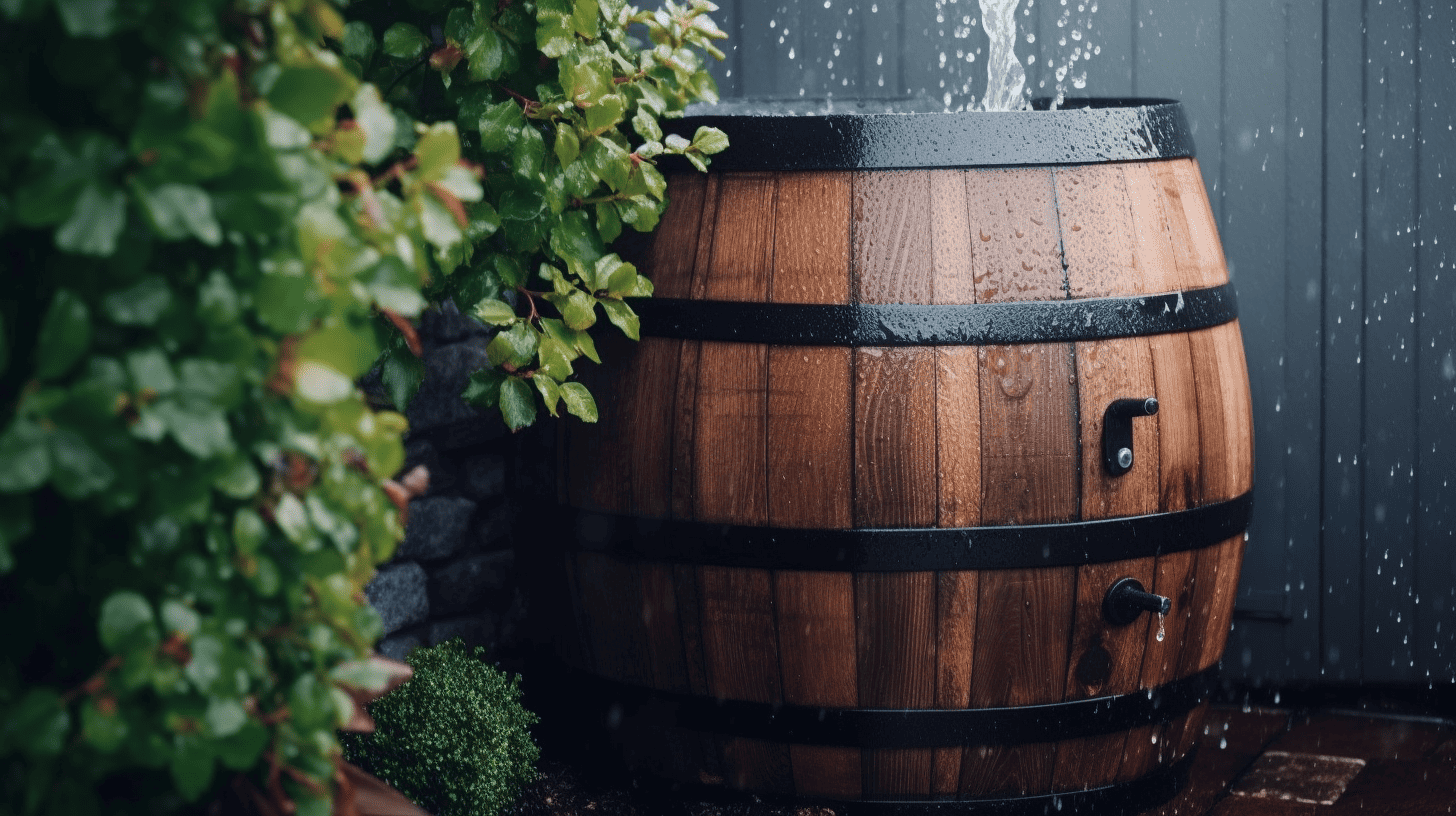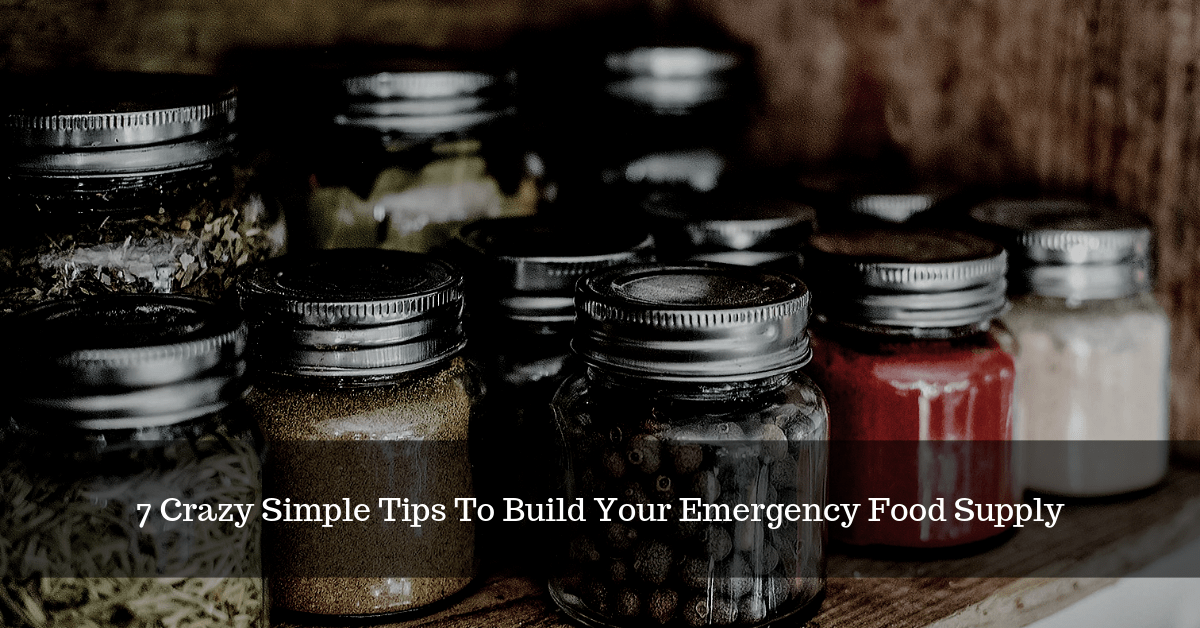Do you want to save money on groceries and eat healthier? It is easier than you think! You can grow your own vegetables and herbs right at home. In this blog post, we will discuss 10 easy foods that you can grow without any trouble. Whether you are a beginner or an experienced gardener, these plants are perfect for anyone who wants to start growing their own food. So, what are you waiting for? Start planting!
The Benefits of Growing Your Own Food
There are many benefits to growing your own food. For one, you can save money on groceries. Fresh fruits and vegetables can be expensive, but if you grow your own, you can save a lot of money in the long run. Additionally, you can be sure that your food is fresh and free of chemicals. When you grow your own food, you know exactly what has gone into it and can be confident that it is healthy for you and your family.
Another great benefit of growing your own food is that you can get outside and enjoy the fresh air. Gardening is a great way to relax and de-stress. It can also be a fun activity to do with your family or friends. And, of course, you get the added bonus of delicious, homegrown food at the end of it!
So, what do you need in order to start growing your own food? Read on for our tips on getting started with gardening, as well as the best vegetables and herbs to grow at home.
What You Need in Order to Grow Vegetables and Herbs at Home
In order to start growing vegetables and herbs at home, you will need a few things:
- A sunny spot: Most vegetables and herbs need at least six hours of sunlight per day in order to grow properly. If you do not have a spot in your yard that gets that much sun, you can also grow plants in pots on a sunny patio or balcony.
- Good soil: Vegetables and herbs need nutrient-rich soil in order to grow. If you are not sure about the quality of your soil, you can have it tested by a local cooperative extension office.
- Water: All plants need water to survive, but how much will depend on the type of plant and the climate you live in. In general, vegetables and herbs need about an inch of water per week.
- Fertilizer: You may need to fertilize your plants depending on the type of plant and the quality of your soil. Fertilizing can be done with compost, manure, or synthetic fertilizer.
- Seeds or seedlings: Once you have all of the supplies you need, it is time to choose what to grow! If you are a beginner gardener, we recommend starting with seeds. They are typically cheaper than seedlings and just as easy to grow.
Now that you know what you need to get started, read on for our tips on successfully growing vegetables and herbs at home.
Tips for Successfully Growing Vegetables and Herbs at Home
Here are a few tips to help you successfully grow vegetables and herbs at home:
- Start small: If you are a beginner gardener, it is best to start with a small plot of land or a few pots. This way, you can learn as you go and not get overwhelmed.
- Choose plants that are right for your climate: Some plants do not do well in certain climates. Make sure to choose plants that will thrive where you live.
- Give plants enough space: Each plant needs room to grow. Be sure to leave enough space between each plant when you are planting them.
- Water regularly: Water your plants about an inch per week, or as needed depending on the type of plant and the climate you live in.
- Weed regularly: Weeds compete with plants for water, nutrients, and space. Be sure to pull them out as soon as you see them so that your plants can thrive.
With these tips in mind, read on for our list of easy vegetables and herbs that anyone can grow at home.
Easy Vegetables and Herbs to Grow at Home
Here are 10 easy vegetables and herbs that anyone can grow at home:
Now that you know what to grow, get out there and start gardening! With a little time and effort, you will be enjoying delicious, homegrown food in no time.
Related: 7 Fastest-Growing Fruit Trees for Your Garden
How to get started with growing vegetables and herbs at home
Many people are now interested in growing their own vegetables and herbs at home. There are many benefits to this, including the fact that you can control what goes into your food and how it is grown. Plus, you get to enjoy the satisfaction of harvesting your own bounty! If you are new to gardening, here are a few tips to get you started.
First, choose a sunny spot in your yard or on your balcony. Vegetables and herbs need at least six hours of sunlight per day in order to thrive. Next, get some good-quality soil. You can either purchase bags of premixed soil or make your own by mixing together compost, sand, and peat moss.
Once you have your soil ready, it’s time to start planting! Begin with easy-to-grow vegetables like tomatoes, cucumbers, or carrots. Herbs such as basil, mint, and rosemary are also fairly simple to grow. Be sure to water your plants regularly and fertilize them according to package directions. With a little care and patience, you will soon be enjoying fresh produce from your very own garden!
Related: How to Get Started with Small Balcony Gardening
The best vegetables and herbs to grow at home for beginners
If you’re interested in starting a garden, you may be wondering which vegetables and herbs are the best to grow at home. For beginners, it’s important to choose plants that are relatively easy to care for and that are unlikely to succumb to pests or diseases. With that in mind, here are some of the best vegetables and herbs to grow at home:
- Tomatoes: Tomatoes are a classic garden staple that is relatively easy to grow. Just be sure to give them plenty of sun and water, and you’ll be rewarded with delicious homegrown tomatoes all summer long.
- Peppers: Like tomatoes, peppers are quite easy to grow and make a great addition to any vegetable garden. Plus, there’s a wide variety of peppers to choose from, so you can find one that suits your taste.
- Basil: Basil is an aromatic herb that’s often used in cooking. It’s fairly easy to grow, but it does prefer warm weather, so it’s not ideal for all regions.
- Rosemary: Rosemary is another aromatic herb that’s perfect for adding flavor to dishes. It’s a bit more challenging to grow than basil, but it can be done with patience and care.
With these easy vegetables and herbs, you can get started on your gardening journey today! Just remember to give them plenty of sun, water, and love, and you’ll be harvesting your very own homegrown produce in no time.
How to harvest and store your homegrown vegetables and herbs
Homegrown vegetables and herbs are the tastiest, most nutrient-rich foods you can eat. But how do you know when they’re ready to harvest? And once you’ve picked them, how should you store them to keep them fresh? Here are a few tips to help you get the most out of your homegrown produce.
Most vegetables and herbs are best harvested in the morning before the heat of the day causes them to wilt. Cut or pluck them cleanly from the plant, using sharpened scissors or knives. If you’re storing them for future use, place them in airtight containers and put them in the refrigerator or freezer.
Recommended: How to Store Seeds for Prepping: The Complete Guide
For immediate use, rinse them thoroughly in cool water and then pat them dry with a clean towel. Store herbs in a vase or glass jar filled with fresh water, and keep them in a cool, dark place. With proper care, your homegrown veggies and herbs will stay fresh and delicious for days to come!
Recipes that feature homegrown vegetables and herbs as the star ingredient
If you’re looking for recipes that feature homegrown vegetables and herbs as the star ingredient, look no further! These dishes are sure to please even the pickiest eaters.
- Tomato Basil Pizza: This pizza is made with fresh tomatoes, basil, and mozzarella cheese. It’s the perfect summertime meal!
- Roasted Pepper and Goat Cheese Salad: This salad is made with roasted peppers, goat cheese, and a simple vinaigrette. It’s light yet satisfying, and perfect for a warm summer day.
- Herbed Chicken and Potatoes: This dish is made with chicken, potatoes, and a variety of herbs. It’s hearty and filling, yet still light enough for a summer meal.
These are just a few recipes that showcase the deliciousness of homegrown veggies and herbs. For more gardening resources and tips on how to start your own garden, check out the links below.
– POCKET-SIZED EMP-PROOF GARDEN IS 100% PORTABLE, AND DOESN’T NEED ANY LAND
– Achieve Food Self-Sufficiency, Build Soil Fertility and Grow an Abundance of Nutrient Dense Food Year-Round
Conclusion: why growing your own food is worth it!
There are so many reasons to start growing your own food at home. Not only is it a great way to get fresh, delicious produce, but it’s also a great way to get some exercise and enjoy the outdoors. And best of all, it’s a great way to save money on your grocery bill! So what are you waiting for? Get started on your gardening journey today!
If you’re looking for more tips on how to get started, check out this course on local harvesting.
Happy gardening!






